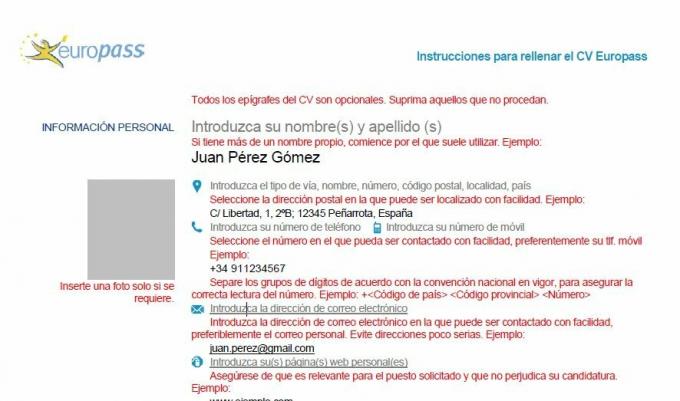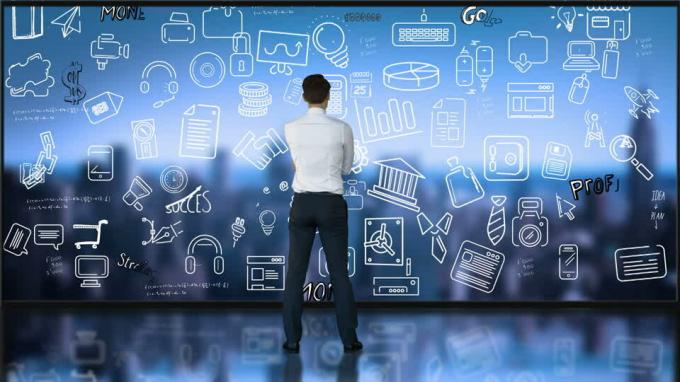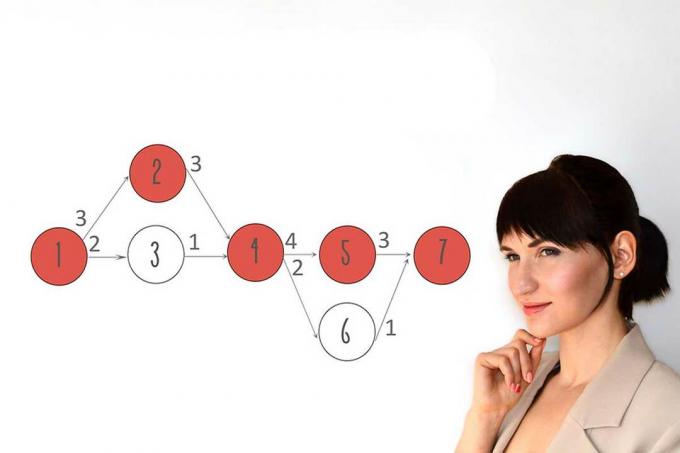A consumer in economics is that person or organization that consumes goods or services, that producers or suppliers provide and who decide to sue in exchange for money to satisfy some need in the market, therefore, the consumer is the final actor of any production transaction.
Marketing can lead the consumer, to guide, lead and stimulate them to buy, carrying out a study of the buyer's decision-making process. Within consumption there are certain rights and rules derived by public powers, which are intended for the consumer protection in the goods and services market, providing them with some rights and obligations.
Advertisements

In this article you will find:
Consumer characteristics
Nowadays theconsumers are very different, to those that existed at the time of capitalism. This was changed thanks to technological evolution, giving a total turn to the market where they operate. For this reason, certain features are present that respond to the following characteristics:
Advertisements
Is connected
Currently the consumer finds the Internet as a favorable search tool for the products or services that needs, to the point that there is a high percentage of adults who constantly connect to their phones cell phones.
Opinion is important
Consumers generally share their opinions, their experiences, and love to be taken into account. That is why nowadays social networks and the 2.0 culture have made the relationship between the company and the client faster, which has greatly benefited consumers.
Advertisements
They become faithful quickly
Consumers of this time select their consumption more quickly, since they immediately identify with the brands that adapt to their tastes and that have the ability to know how to take it into account, however, they are just as quick to give it up and switch to another that gives them greater satisfaction in terms of their expectations.
Demand speed
Waiting for a long time and channels that are slow for communication, detract from the attraction of the contemporary consumer, this is because they always want everything to be fast and instantly.
Advertisements
Pursue originality
More than products and goods, the consumer tends to look for originality, outside of misleading advertisements. Therefore, it is demanding, when requesting loyalty from the company, offering in return a loyal and exclusive customer.
Types of consumers
The type of consumer They can be classified according to whether or not they belong to an organization larger than them or to consumers according to their location in the chain of consumption. It is detailed as follows:
Advertisements
According to whether or not they belong to an organization larger than them
Personal consumer
He is the one who only buys what he needs in his daily life and only thinks about himself and his family.
Organizational consumer
It is the one that buys for your company, organization or institution or simply that takes into account the needs of a business in which it is a participant.
According to its location in the chain of consumption
Final consumers
They are those who use the goods or services acquired and will exhaust them according to their needs after they have done so, it can be said that they would be the final step in the chain.
Intermediate consumers
They are the middle link in the chain, which means that they make comparisons and then make a new product and sell it, they simply make them buy and then resell the merchandise for a higher price high. These types of consumers never exhaust their needs, rather they are constantly renewing it.
Factors that affect the consumer
They can be mentioned two factors that can affect the consumer When attending the market, these factors are:
Preferences or tastes
Each person establishes and knows what his needs and concerns are, therefore, he knows how to choose the goods or services that best suit him to satisfy them independently.
The income level
Depending on the income capacity and purchasing power that each person has, they may have a greater or lesser possibility to choose within the market and thus satisfy their demand.
Consumer behavior
Since the beginning of consumption, consumer behavior It has changed in many ways. At present, access to information technology has generated new models of behavior and effective ways of evaluating from a marketing perspective. This has led to several studies and reviews of consumer behavior more often.
The purpose of making a consumer behavior assessmentIt is to define how you want to invest your money, time and effort to move the productive device that gives you greater satisfaction and thus confirm your loyalty for the brand, product or trend.
At this time, these behaviors can be classified as follows:
New consumer
They are those consumers who plan their purchases monthly and are more interested in low prices than in the quality of the product.
Ephemeral
It refers to the consumer who quickly gets rid of a good or product to acquire a new one or one that is more up-to-date.
Prosumer
They are the buyers who make recommendations and provide solutions in the production process of products or services.
Crossumer
These consumers have a critical and conscious perspective regarding what they consume and the relationship they have with the various market techniques. They are always willing to share what they think on the different networks and thus be active participants in the consumer society. Through this, they could influence the purchases of other consumers.
Hyper consumer
Here the person involves within the consumption, the emotional states with the intact needs of self-satisfaction through pleasure, adventure and digital communication. This produces excess consumption from desire, which means that it is able to individualize consumption and lack of awareness about the collateral environmental impact.
Multiple consumer
These can concentrate different profiles in one.


